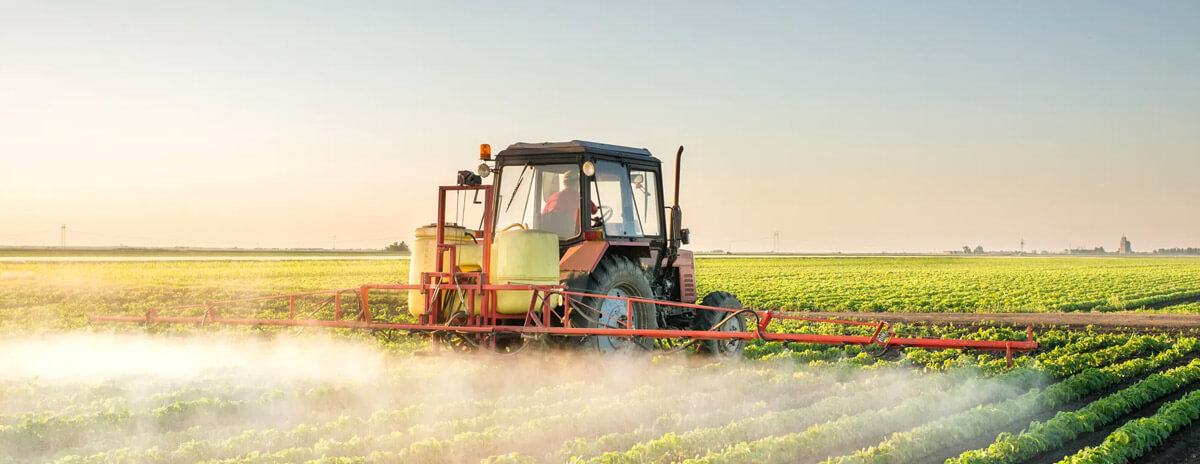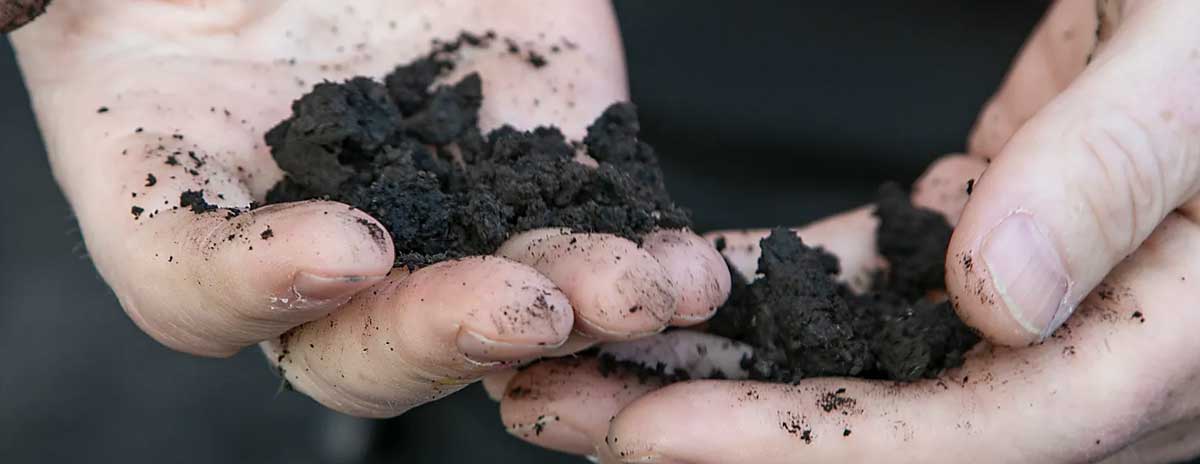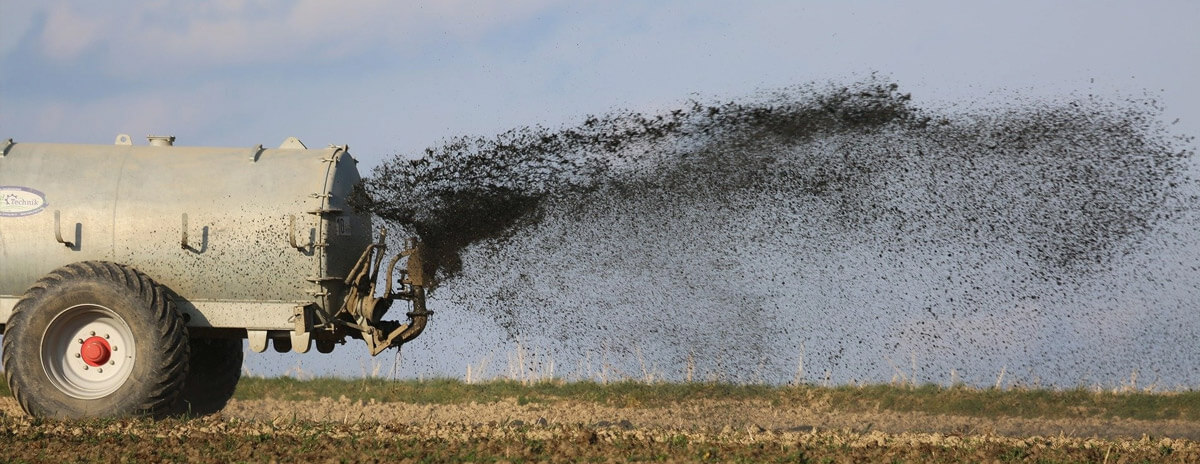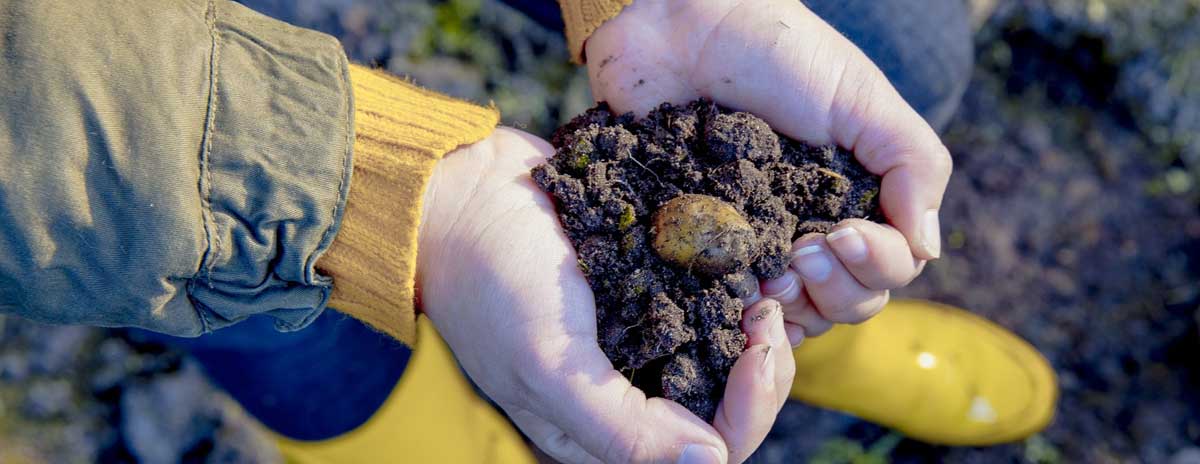
Municipal sludge is a kind of solid waste produced in the treatment of municipal domestic sewage and industrial sewage. According to statistics, urban sewage treatment plant discharges dry sludge about 200,000 every year with an annual increase of 20% in our country . A large number of untreated sludge piled up in the open air causes serious urban environmental pollution, so the sludge in urgent need to be a proper disposal.

Sludge is mainly an organic residue. It is composed of bacterial cells, inorganic particles, colloides and other components, high moisture content, perishable, odor. Municipal sludge contains higher organic matter, nitrogen and phosphorus. The easily degradable components in sludge organic matter accounting for up to 60% of the total amount of organic matter, and the fertilizer supply capacity is relatively strong, so it is a good organic fertilizer source.
The sludge without harmless treatment will produce many hazards. It mainly includes land occupation, soil pollution, water pollution, air pollution, sludge which contains a large number of pathogenic bacteria threatening human health. In addition, the moisture content of sludge is very high and the volume is large, which brings many disadvantages to the transportation, storage and use of sludge, and it also increases a lot of treatment costs.

The purpose of composting is to reduction, harmless and resourceful.
Sludge contains a large number of elements required for plant growth, so the land use of sludge is a way of resource utilization. Sludge land utilization is to apply sludge to container seedling matrix, farmland, fruit trees, vegetables, to promote soil ripening. Sludge contains more organic matter, which can be used to improve soil structure, water retention performance and fertilizer capacity, and it is a good soil amendment. Sludge also contains more nitrogen, phosphorus, potassium and other plant nutrients, so it can be used as fertilizer.

Sludge fertilizer has better environmental and economic benefits. The sludge treated by the sewage treatment plant is reused in nature, which cuts off the transmission of pathogenic bacteria to human beings and avoids the secondary pollution of municipal sewage sludge. It solves the problems such as the application of inorganic fertilizer in agriculture, the imbalance of soil nutrient proportion and soil degradation. Some economic benefits can be obtained from sludge to fertilizer.
The agricultural use of compost products can improve the aeration permeability and water holding capacity of farmland soil, improve the buffer capacity of farmland soil against acid and alkali, and improve the fertility preservation of farmland soil. With the continuous acceleration of urban construction, sludge fertilizer is used in flower forestry land, urban landscaping land and other aspects more and more.
1). Sludge agricultural use
It mainly refers to sludge as farmland, soil amendment, or processing into inorganic, organic fertilizer after use.
Sludge contains organic material and a product of biodegradation. It can increase the cation exchange capacity of soil, improve the buffer capacity of soil to acid and alkali, provide the active site of nutrient exchange and adsorption, and thus improve the utilization rate of chemical fertilizer. Sludge compost can also increase the porosity of soil due to its low density, significantly reduce the bulk density of soil, increase the total pore volume of soil and improve the distribution of pore size. It can reduce soil erosion and plant nutrient loss caused by runoff, increase soil permeability and prevent soil surface compaction. Sludge can increase the microbial community in the soil rhizosphere, thus increasing the biological activity and facilitating the release of nutrients. The study shows that the stabilized and harmless sludge can promote the growth and development of roots and their permeability characteristics, reduce the attack of parasites, reduce the dependence of plants on insecticides, herbicides and other drugs, and the self-purification ability of soil can further harmless sludge. Application of sludge compost can control root rot and inhibit the production of some pathogenic bacteria.
2). Woodland use of sludge
Forest land use of sludge includes application on land where non-food chain plants grow, such as forests, garden green spaces, municipal greening, and isolation zones of highways. Sludge contains a certain amount of organic matter, nitrogen, phosphorus, potassium and other trace elements of plant growth, which can promote the growth of trees and flowers, improve their ornamental quality, and is not easy to constitute the harm of food chain pollution. Therefore, the forest and garden green space utilization of sludge is a promising way of utilization.
3). Sludge is used as turf substrate
If sludge is properly treated as lawn cultivation substrate, it will not only avoid the food chain, but also solve the problem of sludge outlet, and it will also play a certain role in promoting the development of urban lawn industry.
The effect of sludge fertilizer on lawn planting has proved that the zoysia grass with sludge fertilizer has lush growth, high germination rate, strong stem and large leaves, and oil green color. It shows that sludge fertilizer provides sufficient N and P nutrients for crop growth, increases the content of soil organic matter, and can improve the germination and growth of zoysia. The study of sludge compost as turf substrate concluded that the use of municipal sludge compost as turf substrate can significantly promote the growth of ryegrass, and increase the absorption of nitrogen in ryegrass leaves, especially in the late growth stage of ryegrass, the content of nitrogen and chlorophyll in leaves is significantly higher than that of chemical fertilizer control treatment. Municipal sludge composting matrix can increase the content of soil available nitrogen and available phosphorus, which is beneficial to improve the soil fertility of lawn.
The harmless work of sludge has a long way to go, except for a few sludge with high content of toxic components, the land use of sludge should be the main disposal method. At present, most of the soil organic matter content in our country is low, so the land use of sludge compost is promising. I believe that in the near future, sludge will completely turn waste into treasure and become high-quality fertilizer